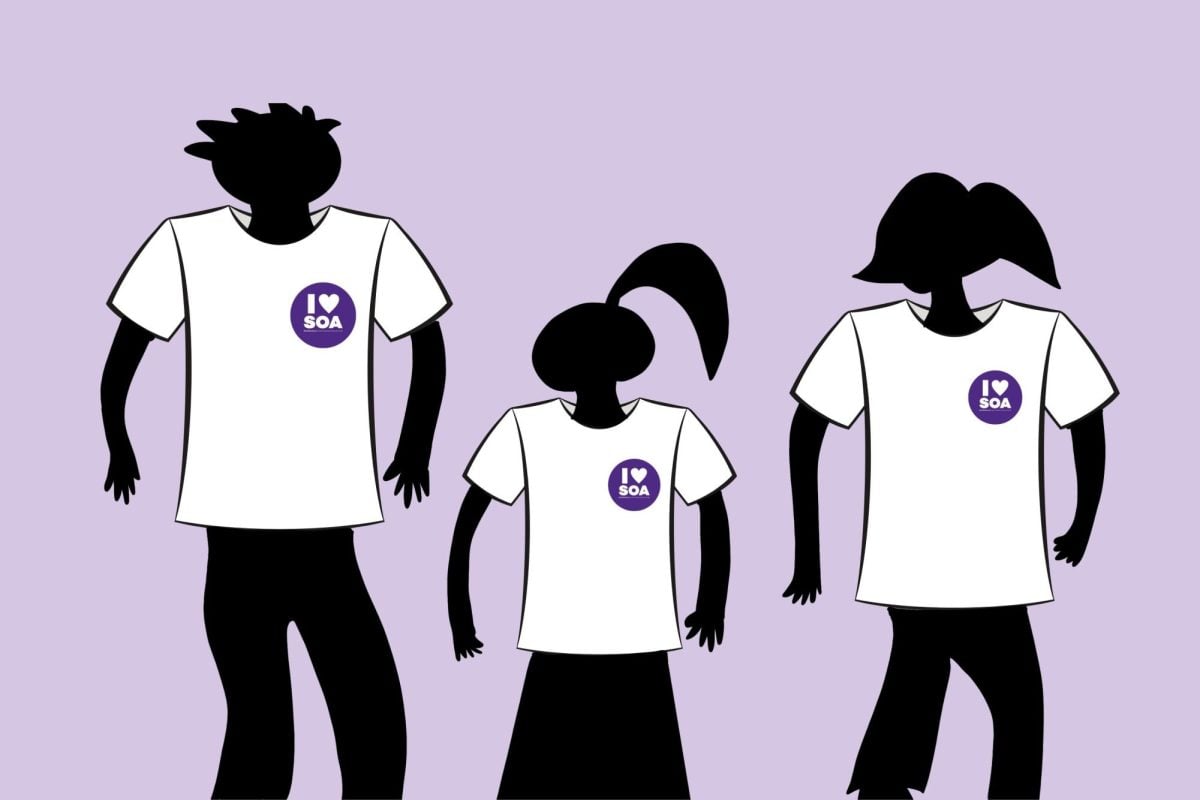Interfaith advocates hosted a panel discussion Wednesday night examining the intersection of religion and mental health on campus.
Part of “Feel Better Together,” a two-day mental health awareness campaign by various Northwestern faith groups, the panel drew an audience of about 50 to McCormick Tribune Center. Five panelists — four Northwestern staff members and one student — discussed their religions’ relation to mental health, including past and current practices and perspectives.
Leading up to the event, the coalition distributed hot chocolate and “happy bags” made up of pencils, religious quotations, noise putty and candy on campus Tuesday and Wednesday. Students could also write what makes them happy on The Rock and were invited to Wednesday’s discussion.
Weinberg senior Rachel Schwartz began planning the event in July at an interfaith leadership conference with other NU students. Better Together is a national campaign built on the foundation of “voice, engage, act,” which Schwartz said the group incorporated in campus outreach and discussions with students.
“We wanted to hold a discussion about what community support for those suffering means,” she said. “I hope that people come away with the understanding that it’s not only religion that helps make one better.”
The panelists shared their personal stories as well as their religious views on mental health during the hour-and-a-half long event. After brief speeches by each panelist, the Christian a capella group Harmony in Spirit performed two songs. The panelists then took questions from the audience, followed by a kosher reception.
Discussion focused on common themes across the varied faith traditions, such as the practice of mindfulness or quiet contemplation.
“One of the things we don’t do enough is keep silence,” University chaplain Tim Stevens said. “If we spend 10 minutes in silence a day, it can make a big difference in terms of mental health and staying grounded.”
Stevens and the other panelists shared accounts from their respective holy books and theologians. Fiedler Hillel’s Rabbi Danya Ruttenberg opened the discussion with an account of seeking and giving help from the Talmud, and associate chaplain Tahera Ahmad shared several Islamic principles.
Weinberg senior Miriam Mogilevsky also spoke from an atheist perspective on the panel. She said mental health perceptions and stigmas transcend particular faiths.
“The biggest issues that plague mental health in general are not specific to any community,” the former Daily staffer said. “All of these things need to be improved regardless of which spiritual community you belong to.”
Weinberg junior Michael Lamble said he came to support Mogilevsky and to learn more about the role of religion in mental health.
“Very often people use the structure of religion as an external framework they can hold onto in the midst of mental illness,” he said. “There is no one right way to cope with mental illness or trauma.”
Graduate student Keryn Wouden, who helped organize the event, said she wanted to emphasize the different approaches to mental health, including but not solely focusing on faith.
“We didn’t want to demean or sugarcoat the fact that mental health is hard,” she said. “I hope (the audience) took away that there is a place for everyone, that there are people who want to support you.”












